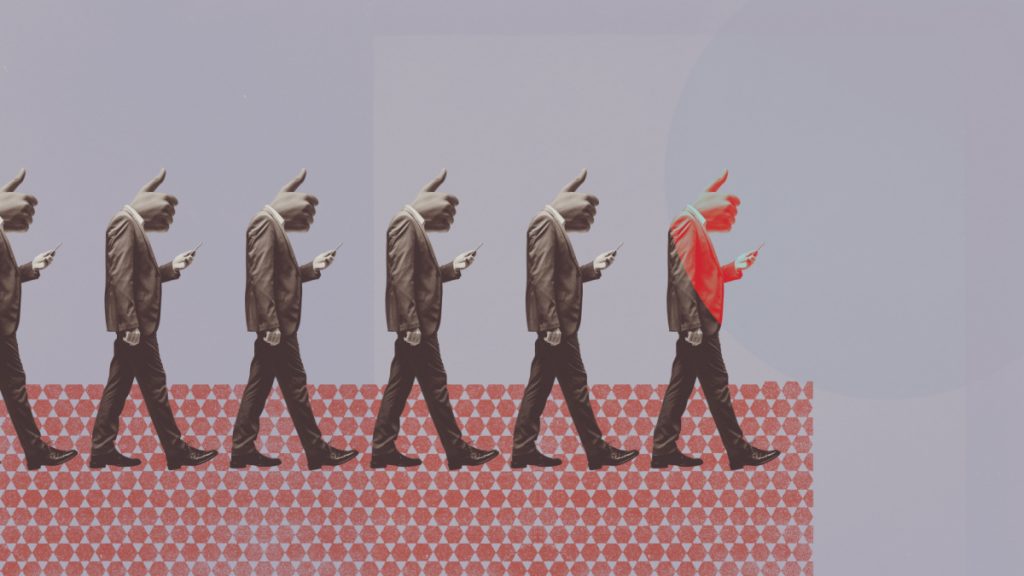
The fear of being completely unplugged with no phones has become such a prevalent concern that it birthed a new phobia.
- Nomophobia is derived from “NO MObile PHone phobia.”
- Recognizable symptoms include anxiety, respiratory alterations, trembling, and more.
- Addressing nomophobia is challenging due to smartphones’ integral role in daily life.
Our increased reliance on smartphones for communication, information, and entertainment has birthed a new phobia: Nomophobia.
Not to be confused with homophobia (two wildly different things), nomophobia, derived from “NO MObile PHone phoBIA,” is the fear of being without your mobile phone or being out of reach of a cellular signal.
Despite it not being classified as a formal mental disorder yet, researchers recognize its manifestations:
- Anxiety
- Respiratory alterations
- Trembling
- Perspiration
- Agitation
- Disorientation
- Tachycardia
There are some behavioral patterns as well:
- Constantly checking your phone for missed calls, texts, or emails (I thought that’s a workaholic’s thing)
- Feeling restless or irritable when you can’t use your phone (Does boredom count?)
- Avoiding places where you know you won’t have good cell reception (I thought that was a general safety measure)
- Carrying multiple chargers or battery packs with you (This is overkill)
- Sleeping with your phone next to you (Don’t they warn you not to do that for safety reasons?)
- Using your phone in the bathroom or during meals (What am I supposed to read while in the bathroom? The shampoo bottles?)
The fact that it’s a problem is shocking but not really surprising. The writing was on the wall the minute kids started getting new phones for their 10th birthday. So, are we too dependent on our phones? How are we to survive without a phone?
In a 2021 study aiming to gauge its global impact, researchers found that almost 21% of adults are afflicted with severe nomophobia. They also found an additional 71% are presenting mild symptoms. College and university students also showed a worrying 25% prevalence rate. These nomophobia statistics have prompted a critical examination of our relationship with technology.
A more recent study, conducted on 5,720 university students from five different middle eastern countries (Egypt = 2813, Saudi Arabia = 1509, Jordan = 766, Lebanon = 432, and Bahrain = 200), found that the dependence on mobile phones is quite common among university students in the Middle East Region. Women and those with pre-existing anxiety disorders were also found to be more likely to develop this dependence.
Unfortunately, dealing with the phobia poses several challenges, especially considering how important smartphones are in our daily lives. Nevertheless, professionals can pick up on the signs and act accordingly. Once diagnosed, there are several mobile phone addiction treatment options available:
- Cognitive behavior therapy
- Adolescent-centered mindfulness therapy
- Emotion-focused therapy
- Exposure therapy
- Self-help
- Medications
As we keep moving forward into a technology-based future, we need to be mindful of our habits. Your mental health matters; take care of it.
Inside Telecom provides you with an extensive list of content covering all aspects of the tech industry. Keep an eye on our Tech sections to stay informed and up-to-date with our daily articles.